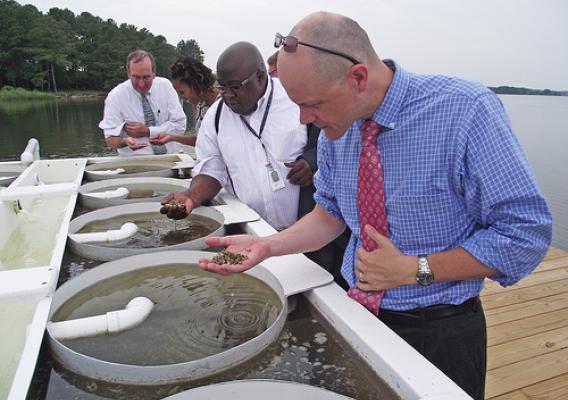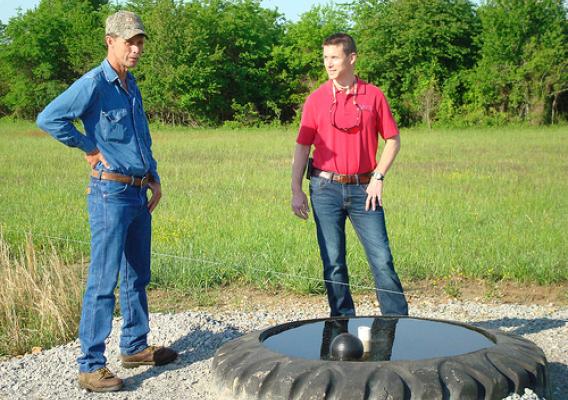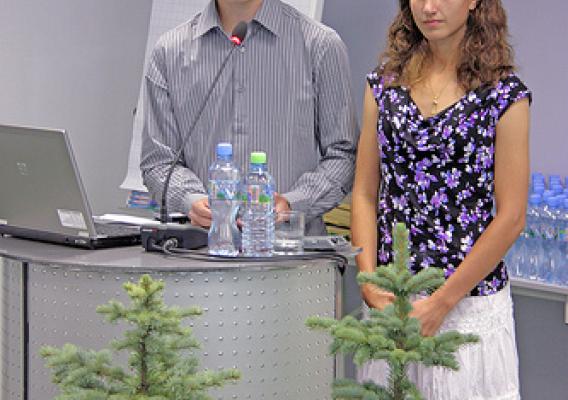This post is part of the Science Tuesday feature series on the USDA blog. Check back each week as we showcase stories and news from USDA’s rich science and research portfolio.
Most people don’t equate aviation with agriculture, but two USDA partners, Washington State University (WSU) and members of a Texas 4-H Club, received the chance to participate in the 2013 Paris Air Show, which was held June 17-23.
In 2010, USDA’s National Institute of Food and Agriculture awarded WSU with a $40 million grant to develop effective alternative biofuels for commercial and military jets. The project, the Northwest Advanced Renewables Alliance (NARA), is working to convert closed timber mills into bioenergy development centers, which will improve the economic potential of rural communities affected by the downturn in timber production. The team is focusing on feedstock development, sustainable forest production and establishing new methods to identify the most promising plant lines for biofuel conversion. NARA aims to develop a regional source of renewable aviation fuel for Seattle-Tacoma International Airport.








